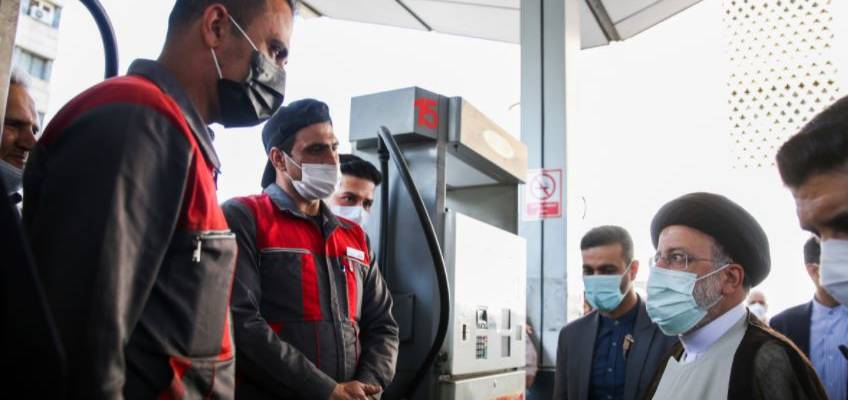Iran’s National Virtual Space Center issued a statement confirming that a cyber attack had targeted the online fuel delivery system in the country.
By Aryeh Savir, TPS
Iran was successful in thwarting the “enemy’s” goal of causing disturbances in Iran through a cyberattack on its gas stations, a senior Iranian official stated in Hebrew, apparently blaming Israel for the attack.
A massive cyberattack hit Iran’s gas stations network on Tuesday, disabling about 4,000 gas stations across the country for about two days.
Iran’s National Virtual Space Center issued a statement confirming that a cyber attack had targeted the online fuel delivery system in the country.
Iranian Oil Ministry Spokesman Ali Forouzandeh said the refueling process had been interrupted due to disruption in the gas pumps that read the smart cards used to purchase rationed fuel.
Responding to the attack, Ali Shamkhani, Secretary of the Supreme National Security Council of Iran, stated on Thursday in Hebrew that “although, front line of passive defense was inactivated by a cyber attack, the back line thwarted [the] enemy’s goal of rioting in Iran through coordinated and timely action of the executive, security and media agencies.”
Shamkhani appears to claim that the attack was meant to cause widespread disturbances in the country and to destabilize the regime, a development thwarted “through coordinated and timely action of the executive, security and media agencies.”
“Intelligent management in Oct 2021 revealed recklessness of Oct 2019,” he added cryptically.
The tweet was also published in English and Farsi.
Iran and Israel have been engaged in cyber warfare in recent years, with Iran attacking a broad array of targets, and Israel focusing on Iran’s nuclear program.
Israel has also reportedly carried out several successful cyber attacks against critical Iranian infrastructure.
The Washington Post reported in May 2020 that Israel was behind the May 9 cyber-attack on Iran’s Shahid Rajaee port in Bandar Abbas, the largest in the country, which brought the shipping traffic to an abrupt and inexplicable halt for days, generating backups for miles.
The report quoted experts who said the attack was Israel’s retaliation for the April 24 Iranian attempt to penetrate Israeli computers that control water flow and wastewater treatment, as well as a system that regulates the addition of chlorine and other chemicals. The attack was detected and thwarted by the Israeli defenses.
Iran’s nuclear weapons project was severely damaged by the 2010 Stuxnet cyber-attack on Iran’s nuclear centrifuges, attributed to Israel and the US.
